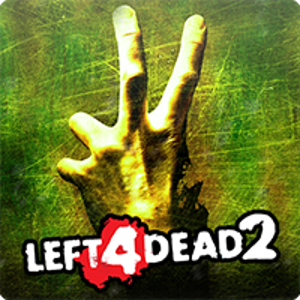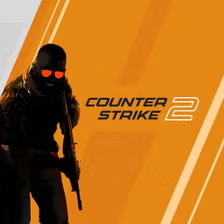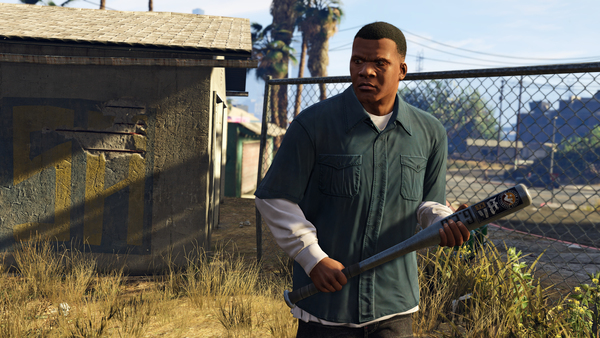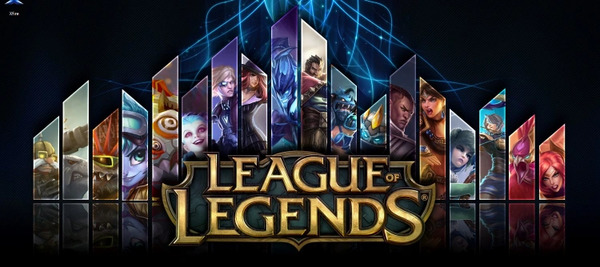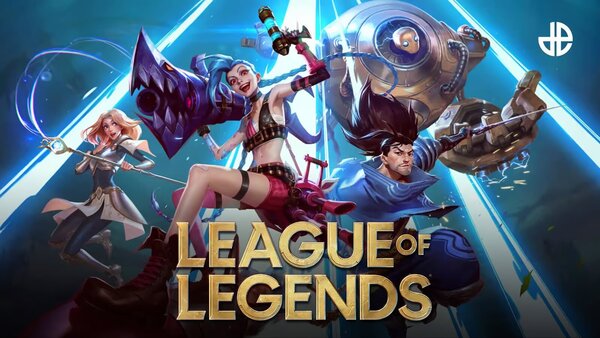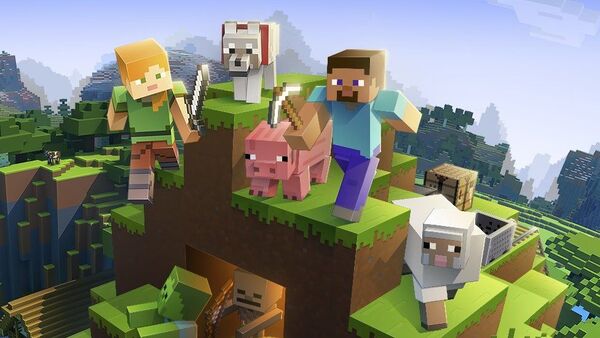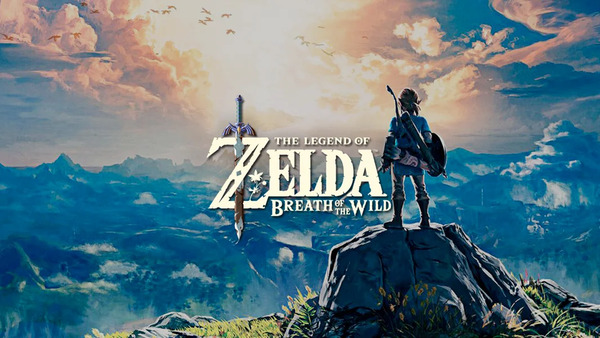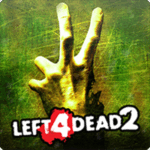Introduction
Left 4 Dead 2 is a fast-paced, cooperative first-person shooter that immerses players in a desperate fight for survival during a zombie apocalypse. As players push through hordes of Infected, chaos ensues—making it not only a thrilling experience but also a surprising metaphor for how people handle disaster, risk, and protection in the real world. In this article, we’ll explore the timeline of a campaign in Left 4 Dead 2 and compare it to the real-life mechanics of insurance and claims. From preparation and teamwork to filing damage reports and recovery, the game offers many lessons beyond the battlefield.
1. The Outbreak Begins: Risk Comes Without Warning
Just like any catastrophic event in real life, Left 4 Dead 2 begins with the unexpected. The world collapses, and survivors must think fast.
In the real world, sudden disasters—be they medical emergencies, car accidents, or house fires—hit without warning. Without insurance, the consequences are just as dire. While the zombie virus may not be real, the need for protection against chaos certainly is.
Common Real-Life Disasters vs. In-Game Crisis
-
In-game: Tank appears unexpectedly → you’re wiped out.
-
Real-life: You crash your car → need insurance to recover.
2. Choosing Survivors: Understanding Roles and Responsibilities
Each survivor in Left 4 Dead 2 plays a vital role. Some lead, some heal, others watch the rear. The group only survives when everyone does their part.
In insurance terms, this is like having different coverage types: health, auto, home. Each type plays a specific role in safeguarding your life. Relying on just one won’t cover all bases—just like relying on one survivor won’t win the campaign.
Role Examples
-
Coach (Tank): Like auto insurance—takes the hit.
-
Nick (Support): Like health insurance—keeps you standing.
3. Gathering Supplies: Preparing for the Unexpected
Before you start each mission, you gather medkits, weapons, and ammo. This preparation is essential for surviving the campaign.
Likewise, having insurance is about preparation. It’s securing coverage before anything happens. Filing a claim after disaster strikes is easier when you’ve already gathered documents and paid your premiums.
Pre-Mission vs. Pre-Disaster
-
Left 4 Dead 2: Stock up medkits = plan for damage
-
Real life: Buy insurance = prepare for risk
4. The First Encounter: Taking Damage
You barely leave the safe room before you're swarmed by zombies. You get hit, you bleed, you heal.
This is your first lesson in real-time risk management. Similarly, when an accident occurs in life, your response involves activating your insurance policy. If the damage is significant, you’ll need to file a claim to get back on your feet.
5. Mid-Campaign Chaos: Claim Filing in Real Life
The horde comes in waves, and so do disasters in real life. After you’ve taken enough hits—car damage, hospital visits—you initiate the claim process.
Filing a claim is like using your medkit: you patch things up with the resources provided by your insurance plan. It won’t make the pain go away instantly, but it gives you the strength to continue.
How Claims Work:
-
Report the event (like a car crash).
-
Submit proof (photos, receipts, reports).
-
Wait for evaluation and payout.
6. Protecting Your Team: Shared Insurance Responsibility
In co-op, you must protect each other. If one goes down, others must help. It's a shared duty.
This mirrors group insurance policies—like family health insurance or company coverage. Everyone contributes and benefits. If one member suffers, the entire team is affected, financially or otherwise.
7. The Finale Event: High-Stakes Pressure and Coverage Limits
Every campaign ends with a massive final event. You’re overwhelmed, forced to defend, and hope the escape vehicle arrives in time.
This represents high-cost, high-pressure moments in real life—expensive surgeries, legal troubles, or total home losses. Sometimes, your insurance coverage may not be enough, and you learn about limits and deductibles the hard way.
Coverage Limits Examples
-
$100,000 health cap in policy
-
$5,000 auto repair max coverage
-
No payout for “excluded” causes (like acts of God—or zombies?)
8. Rejection at the Safe Room: When Claims Are Denied
Imagine you drag your teammate to the safe room… only to find they’re not allowed in. Maybe they fell too far behind, or didn’t meet the requirements.
That’s exactly how it feels when an insurance claim is denied. Reasons include:
-
Incomplete paperwork
-
Event not covered
-
Missed filing deadline
It’s painful and frustrating, but often preventable with proper planning.
9. Learning From Experience: Becoming a Smarter Survivor
Each campaign teaches you something. Maybe you shouldn’t have split from the group. Maybe you need to heal earlier next time.
Every real-life incident also teaches you to improve your risk strategy. Update your insurance, ask more questions, keep better records. Your past claims shape your future protections.
10. Surviving the Apocalypse: The Value of Coverage
Reaching the escape vehicle means you’ve made it—barely. But you only survived because of preparation, teamwork, and recovery.
Left 4 Dead 2 is more than a game. It's a reminder that in life, as in games, having the right tools—like insurance—can mean the difference between total defeat and ultimate survival.
Final Tips for Real-Life “Zombie Scenarios”
-
Always have backup insurance (life, health, auto)
-
Keep documentation for easy claim filing
-
Help your "team" (family, co-workers) understand policies
-
Review your coverage every year
Conclusion
Left 4 Dead 2 may be a chaotic zombie shooter, but its core loop mirrors real-life lessons about risk, responsibility, and recovery. From stocking up and taking damage to relying on your team and filing a claim, the game’s structure is oddly similar to the world of insurance. Whether escaping a Smoker’s tongue or bouncing back from a car accident, success depends on planning ahead and knowing where your support systems are. Just like your medkit in-game, insurance isn’t glamorous—but it’s what keeps you alive when things go wrong.






